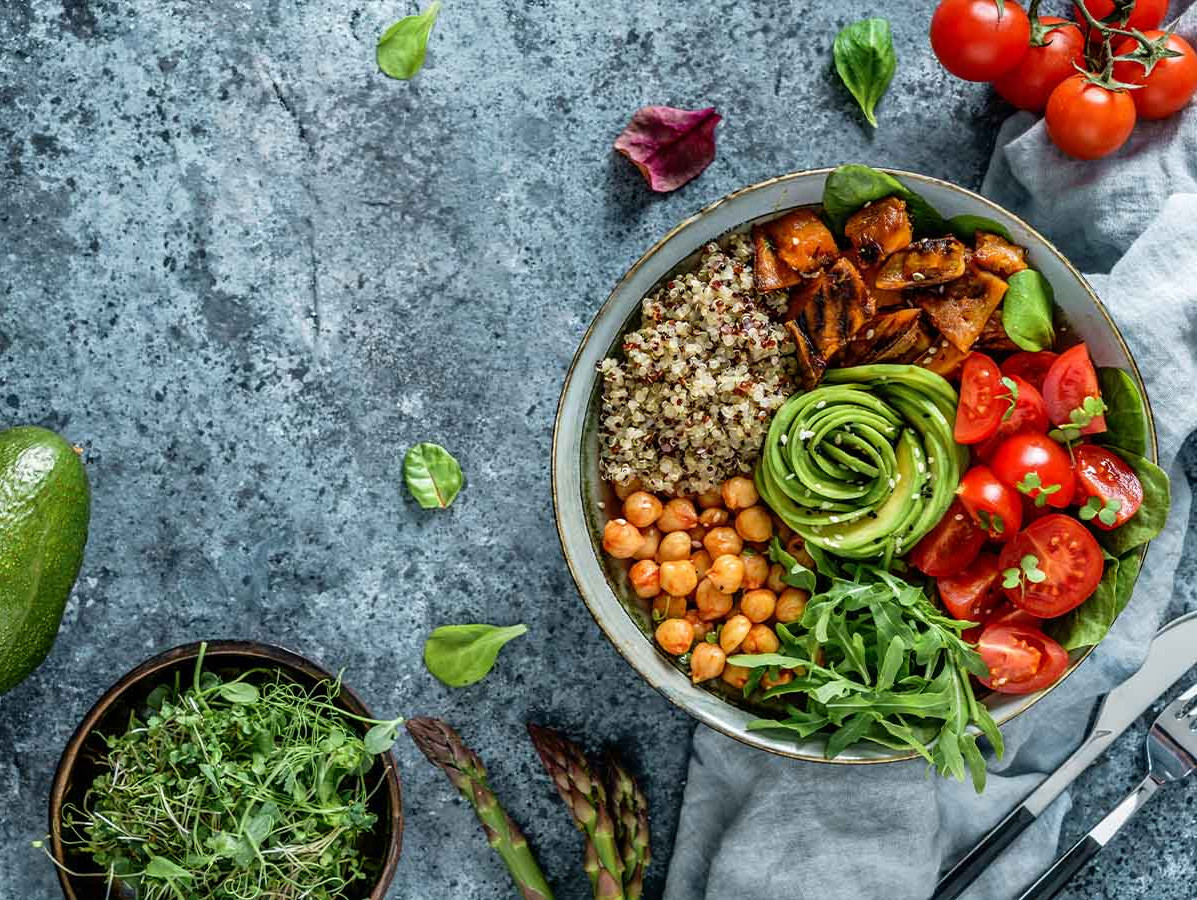
The Vegetarian Society predicts seven significant trends in the realm of vegetarian and vegan food for 2024. These trends are rooted in thorough data analysis, including insights from the Vegamonitor by Panelwizard and observations from the V-Label team.
Meat consumption continues to steadily decline, a trend persisting for several years. In 2022, the average Dutch person consumed 75 kilograms of meat, a decrease compared to previous years. Findings from the Vegamonitor indicate that nearly half of the Dutch population has considered reducing meat intake over the past five years, with the majority sticking to this decision. Furthermore, almost half of Dutch individuals plan to further decrease their meat consumption.
The share of plant-based proteins in diets is expected to rise in 2024. Supermarkets such as Jumbo, Lidl, and Aldi aim to expand the presence of plant-based proteins in their offerings. Albert Heijn has even introduced the 'Terra' label for products based on plant-based proteins. The V-Label can assist in informing consumers about vegetarian and vegan options.
Demand for plant-based fish substitutes is growing, particularly among flexitarians seeking alternatives to traditional fish products. Globally, 90% of marine fish stocks are fully exploited, prompting a growing need for environmentally friendly alternatives. The V-Label has already approved several innovative fish substitutes, including fish-free tuna and fish burgers.
The number of brands offering plant-based dairy has significantly increased. Companies like Boermarke have even decided to focus entirely on plant-based dairy. This shift is also supported by the V-Label, which helps consumers make informed choices.
The market for vegan cosmetics is expanding alongside food trends. Consumers are placing increasing value on ethical and sustainable products, leading to a growing demand for vegan cosmetics. The V-Label also plays a role in informing consumers about vegan options.
Municipalities and supermarkets are showing growing restraint in meat advertising. Several municipalities have already decided not to advertise meat and dairy products for climate reasons. Supermarkets are increasingly promoting meat substitute products in their advertising materials, in line with their goals to reduce animal protein consumption.
Vegetarian and vegan dishes are gaining prominence in the hospitality industry. Restaurants are increasingly offering vegan options, with the V-Label helping to make choices more transparent for consumers. Wholesalers are also responding to this trend by offering a wide range of vegan products.
Source: De Vegetariërsbond